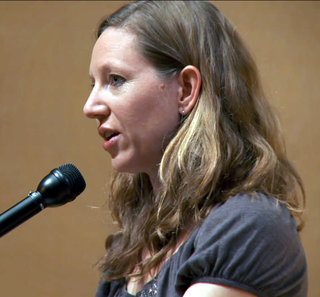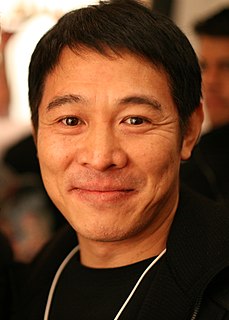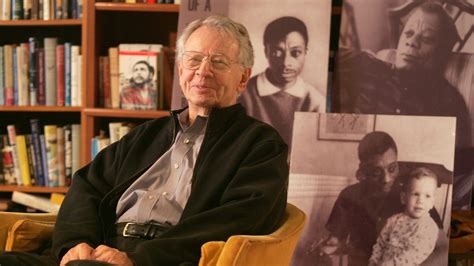A Quote by Simon Sebag Montefiore
Writing about Jerusalem was very stressful; every word counts.
Related Quotes
Writing fiction is very different to writing non-fiction. I love writing novels, but on history books, like my biographies of Stalin or Catherine the Great or Jerusalem, I spend endless hours doing vast amounts of research. But it ends up being based on the same principle as all writing about people: and that is curiosity!
My greatest personal mistake is ever to allow a word or moment that “doesn’t count,” i.e., that I do not refer to my own basic principles. Every word, every action, every moment counts. (This is the pattern on which everybody makes mistakes [or] becomes irrational — not relating their one action or one conviction to another.
The secret of good writing is to strip every sentence to its cleanest components. Every word that serves no function, every long word that could be a short word, every adverb that carries the same meaning that’s already in the verb, every passive construction that leaves the reader unsure of who is doing what—these are the thousand and one adulterants that weaken the strength of a sentence. And they usually occur in proportion to the education and rank.
I try to write every day. I don't beat myself up about word counts, or how many hours are ticking by on the clock before I'm allowed to go and do something else. I just try to keep a hand in and work every single day, even if there are other demands or I'm on a book tour or have the flu or something, because then I keep my unconscious engaged with the book. Then I'm always a little bit writing, no matter what else I'm doing.





































